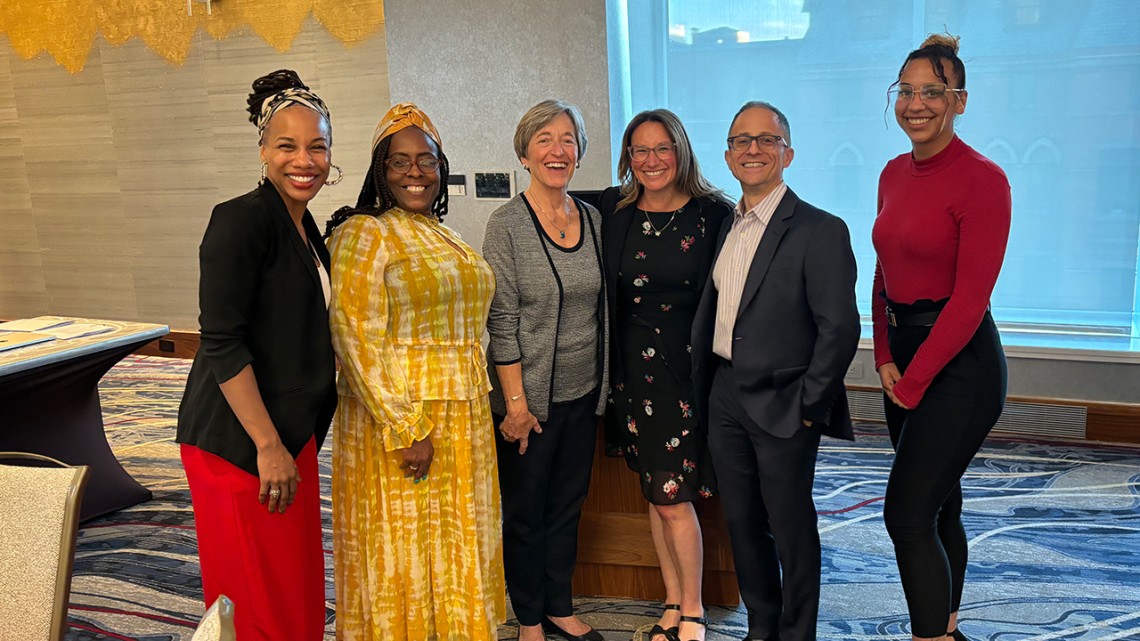
Cornell’s Einhorn Center for Community Engagement named Rebecca Morgenstern Brenner, senior lecturer at the Jeb E. Brooks School of Public Policy, recipient of the 2024 Kaplan Family Distinguished Faculty Fellowship in recognition of her work with Ithaca’s Southside Community Center to mitigate homeowner displacement resulting from newly implemented FEMA flood insurance maps.
“I am grateful to the Kaplan Family, the team at the Einhorn Center and my community partners at Southside Community Center for the chance to continue our work and make sure Southside can be more resilient and a model for community empowerment in the face of climate change,” said Brenner.
The Kaplan Fellowship is awarded each year to a Cornell faculty member who shows outstanding leadership in the area of community-engaged learning. Brenner’s course, Environmental Justice and Policy, has engaged students in partnership with the Southside Community Center to investigate and assess the impact of FEMA flood insurance requirements on displacement in Southside, an historically African American neighborhood, and to work with the community to identify anti-displacement strategies.


